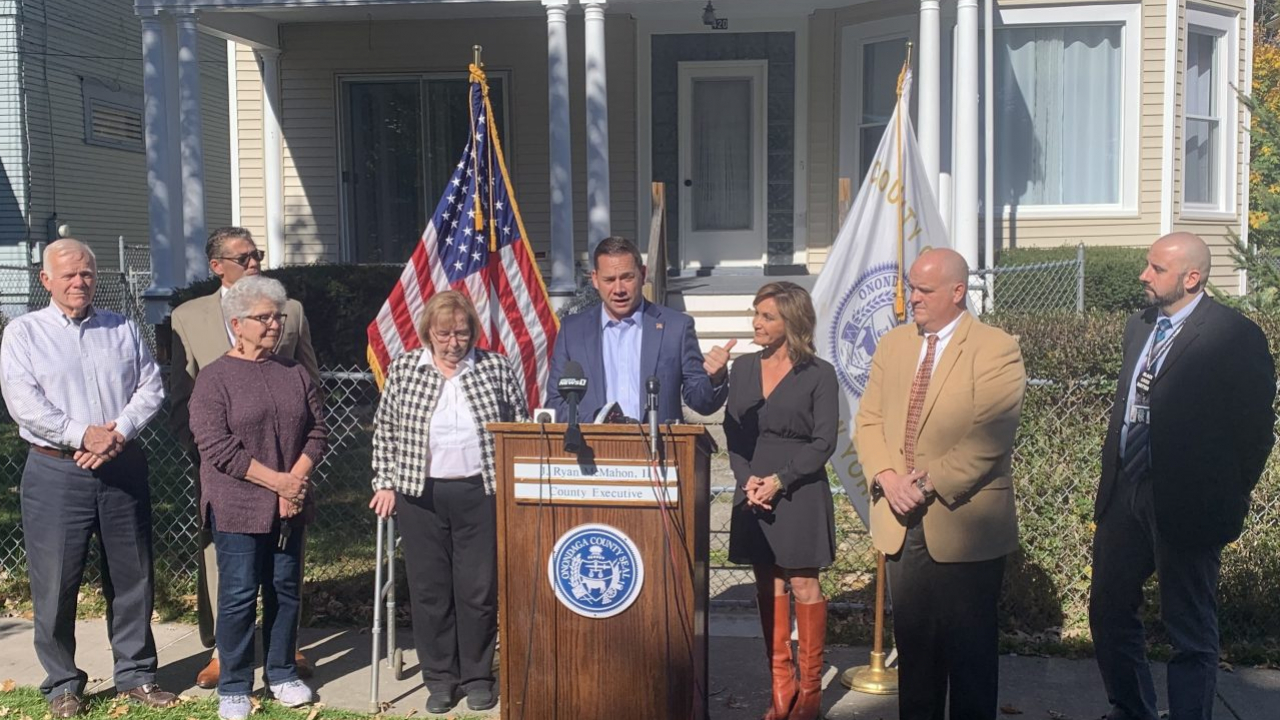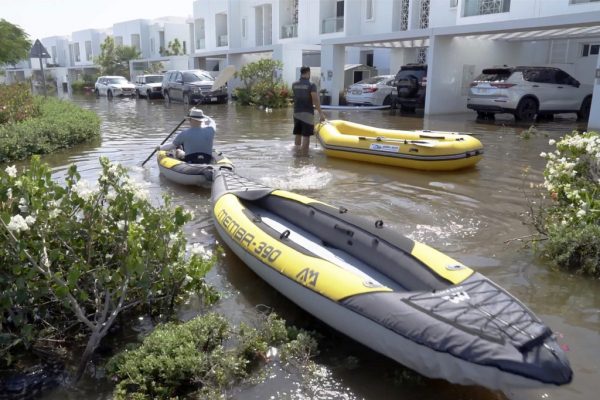
SYRACUSE, N.Y. (NCC NEWS) – On Stolp Avenue, in front of a remediated, federally-funded home, Onondaga County Executive Ryan McMahon announced a slew of lead poisoning prevention initiatives in honor of National Lead Poisoning Prevention Week. That includes $8.7 million in city funding that was approved by the county legislature.
“These funds will be used to increase testing rates,” said McMahon. “[It will fund] our new ‘Lead it Go’ pilot project. Our community outreach and education, earned and paid media, window and door replacements, community partnership enhancements, relocation of shelter assistance, support remediation of high cost units, new lead grant applications, [and] enhanced lead identification infrastructure.”
All of which will impact what has been a growing concern in Central New York. In fact, after a steady decline between 2015 and 2020, the number of children with lead poisoning rose by 11%, up to 396 children.
This is mainly because 90% of homes in Syracuse built before 1980 use paint that is lead-based, which can seep into the pores of anyone living in that home. McMahon and the rest of the county legislature are planning to use the funds for remediation of homes. But, they are also cognizant of the effect it has on children.
“We want to also announce today our ‘Lead it Go’ pilot project,” said McMahon. “The county will launch a pilot program to provide enrichment services to kids with elevated blood level who do not immediately qualify for other services.”
The program, backed by the county in conjunction with the Syracuse City School District, hopes to begin this pilot in April 2023, with 100 kids participating and taking part on the services provided. This is all part of a plan to keep the kids of Syracuse safe, and provide a barometer for the rest of the state in how to tackle lead poisoning outbreaks.
“Overall, we’re taking an all of the above strategy,” said McMahon. “We are educating people, we’re putting more money in to remediate, we’re putting more money to proactively get kids early intervention services they need and obviously respond after that.”




